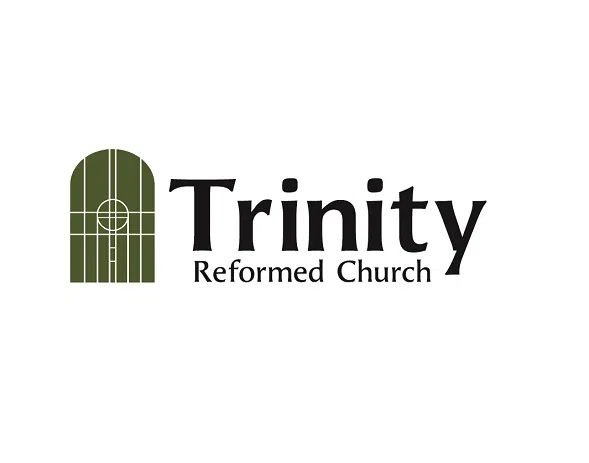By Jonathan Allen and Steve Gorman
NEW YORK (Reuters) – New York state lawmakers on Friday passed legislation to bar social media platforms from exposing “addictive” algorithmic content to users under age 18 without parental consent, becoming the latest of several states moving to limit online risks to children.
A companion bill to restrict online sites from collecting and selling the personal data of underage users also gained final legislative approval in the New York Assembly on Friday, a day after both measures cleared the state Senate.
Governor Kathy Hochul is expected to sign both into law.
She hailed the two measures as a “historic step forward in our efforts to address the youth mental health crisis and create a safer digital environment for young people.”
Social media companies such as Meta Platforms, whose platforms include Facebook and Instagram, could take a hit to their revenues.
Supporters of the legislation pointed to a recent Harvard University study that found the six largest social media platforms generated $11 billion from advertising to minors in 2022.
The bills’ sponsors also cite studies linking higher rates of depression, anxiety, sleep disorders and other mental health woes to what they define as excessive social media use by adolescents.
The industry association NetChoice condemned the legislation, calling it in a statement an “assault on free speech and the open internet” by “forcing websites to censor all content unless visitors provide an ID to verify their age.”
The organization said it had successfully challenged similar measures from three other states in court as unconstitutional.
A spokesperson for the governor said the law would not censor a site’s content and said it provides for using one or more age-verification methods that retains a user’s anonymity.
Meta, whose chairman and CEO Mark Zuckerberg co-founded Facebook, offered some support for the bill.
“While we don’t agree with every aspect of these bills, we welcome New York becoming the first state to pass legislation recognizing the responsibility of app stores,” the company said in a statement.
Under the bill dubbed the SAFE (Stop Addictive Feeds Exploitation) for Kids Act, social media users under 18 must obtain parental consent to view “addictive” feeds. This is generally defined as content that comes from accounts they do not follow or subscribe to but is delivered by algorithms designed to keep them on a platform for as long as possible.
Instead, minors on social media may receive a chronological feed of content from accounts they already follow or from generally popular content, the way sponsors say social media feeds worked before the advent of “addictive” algorithms.
Young users can still search for specific topics of interest, connect with friends and join online groups, while non-addictive algorithms used for search functions or filtering unwanted or obscene content would still be permitted without a parent’s consent.
According to a bill summary from the New York attorney general, the legislation would apply to platforms whose feeds consist largely of user-generated content and material recommended to users based on the data it collects from them.
The summary named Facebook, Instagram, TikTok, Twitter and Alphabet Inc’s YouTube as among platforms that would likely be subject to the measure.
The companion bill, called the New York Child Data Protection Act, would bar all online sites from collecting, using, sharing or selling personal data of anyone under 18 unless they receive “informed consent,” or unless collecting and sharing such data is strictly necessary to the site’s purpose.
For users under the age of 13, informed consent would have to come from a parent.
Violators could be subject to civil damages or penalties of up to $5,000 per violation.
In March 2023, Utah became the first U.S. state to adopt laws regulating children’s access to social media, followed by others, including Arkansas, Louisiana, Ohio, Texas and Florida.
(Reporting by Jonathan Allen in New York and Steve Gorman in Los Angeles; Editing by Leslie Adler)







Comments